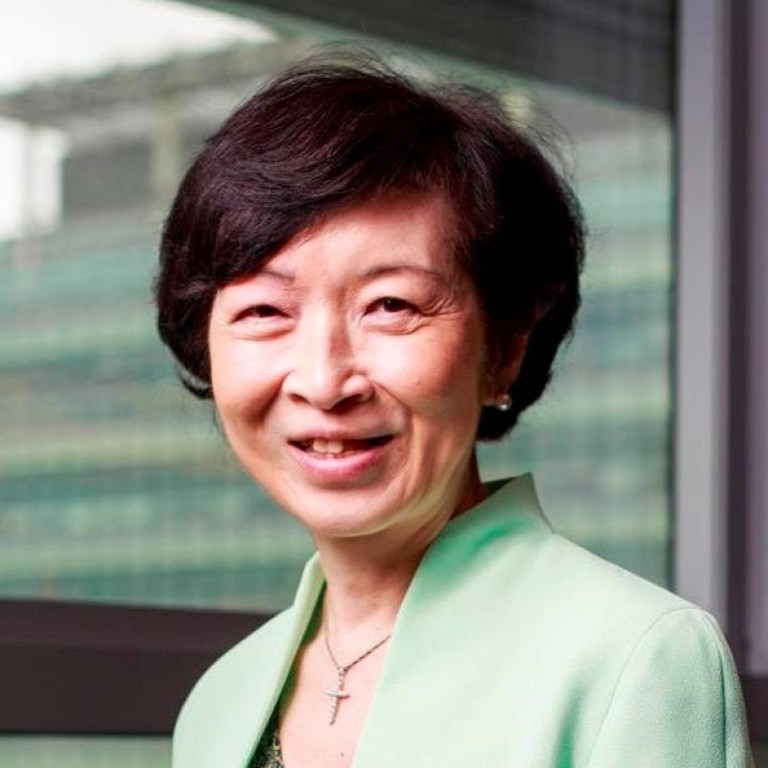
National education for new Hong Kong teachers gets thumbs down all round
Idea from executive councillor Fanny Law to coach young teachers in controversial national studies sees scant support among allies and critics
A top aide of Chief Executive Leung Chun-ying has come under criticism from political allies and pan-democrats alike for suggesting that new teaching recruits be put through mainland training in national education.
On top of broaching the sensitive issue, Executive Council member Fanny Law Fan Chiu-fun also labelled the pan-democratic Professional Teachers' Union as "opposition".
Law's latest remarks recall her alleged academic interference more than a decade ago as the top civil servant for education.
Last week, she suggested that incoming teachers should spend a month across the border learning about the nation in order to be qualified to teach back home.
The city ought to "seize on" young teachers in efforts to imbue locals with a stronger sense of national recognition, she said on a mainland news programme.
Law defended her idea yesterday: "No one can brainwash another person, since each man's brain is his own. Everyone can have independent thinking."
Fears of brainwashing pupils were behind protests in 2012 that forced Leung, then at the start of his term, to scrap plans to teach national education in schools.
This time, Law's proposal was soundly rejected by educationalists and another Exco member, Bernard Chan, who, like Law, is a deputy to the state legislature, the National People's Congress.
"It's important for schools to make their own choices," Chan said. "In Hong Kong, most people do not accept having things foisted on them. Hongkongers prefer to have an option."
Ho Hon-kuen, a pro-mainland nationalist, was also dismissive of Law's idea, describing her words as empty talk that failed to consider the feasibility of it all.
Ho, vice-chairman of concern group Education Convergence, said national education should inculcate an appreciation of not only the mainland, but also Hong Kong and Chinese history.
By sending Hong Kong teachers to the mainland for instruction, Law ignored the need to understand Hong Kong, Ho said.
Furthermore, he added, the local quality of education was more sophisticated than on the mainland, which was why so many mainlanders furthered their education in the city.
Ho also noted Law had overseen the removal of Chinese history as a compulsory subject in senior secondary classes while in charge of education from 1998 to 2006. As a result, children grew up being ignorant about Chinese history, he said, urging Law to reflect on what she had done.
Union president Fung Wai-wah criticised Law for attempting "control of the mind".
Law left the civil service in 2007 after she exerted improper influence on the Institute of Education as permanent secretary for education and manpower.


